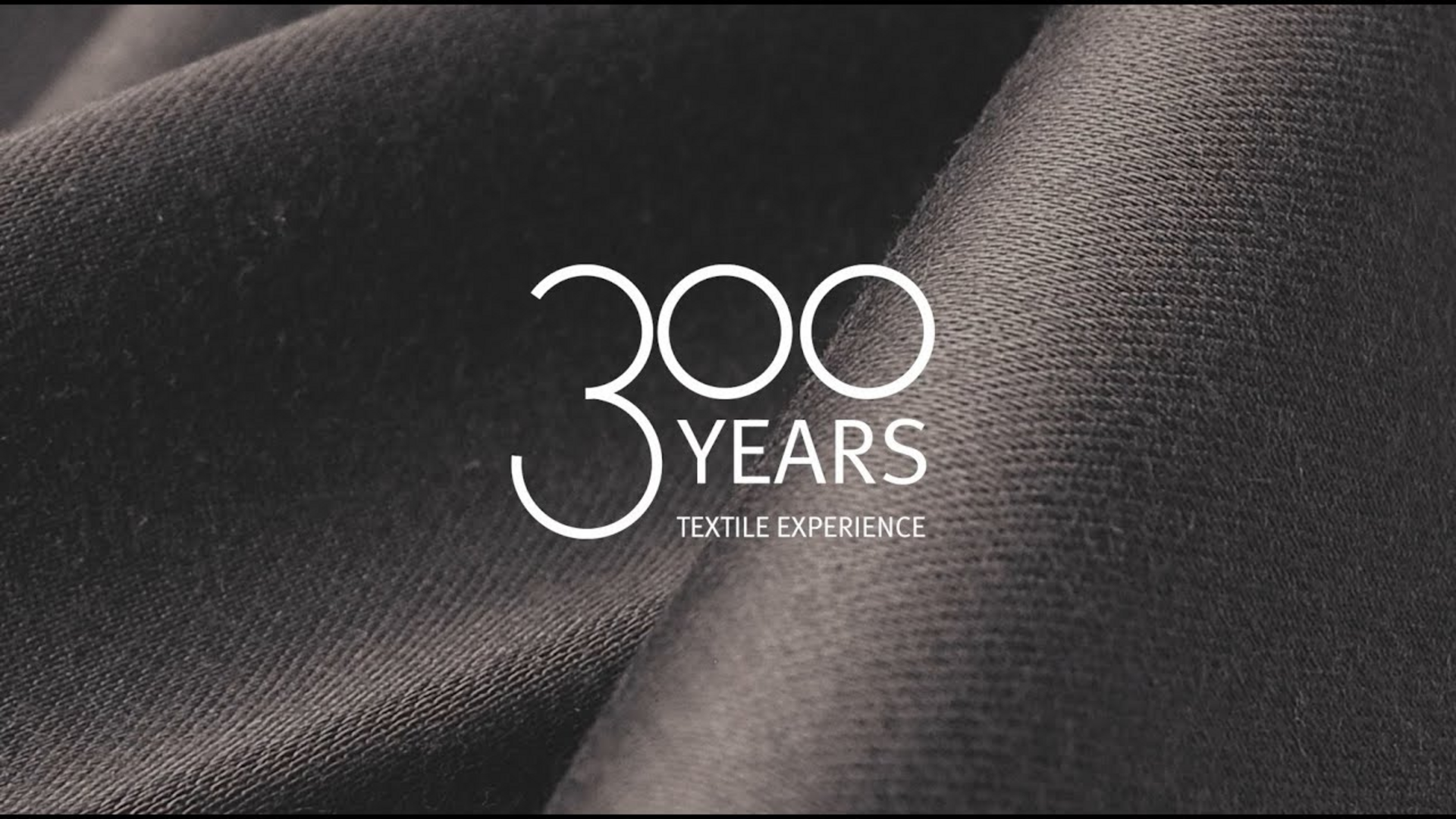...and today
DELIUS has been living this philosophy for over 300 years. Through prudent corporate management and long-term planning, we take responsibility for our employees and products and place them at the center of our actions. We are networked with other companies that also take responsibility for society and are committed to sustainable action. And we are not standing still, but are constantly working to become even better.








